Food safety is the management, preparation and storage of food to prevent infection and the spread of foodborne illnesses as well as ensure the dietary validity of the product. It is an international cause for concern that covers a wide range of human existence. Many allergic reactions, sicknesses and even deaths have been traced back to unsafe food and water which had exposed to dirt and germs or was not fresh. These risks reduce the ability of the consumers to optimally perform in their spheres of life, especially in sports.
Food safety otherwise known as food hygiene is a very prominent field of science. According to the World Health Organization, there are 76 million cases of foodborne diseases which has led to approximately 325,000 hospitalizations and 5,000 fatalities annually. In Australia alone, about 5.4 million cases of food based illness are recorded annually. The estimated loss caused by these ailments is over a billion Australian dollars.
In 1982, there was an outbreak of E. coli in the USA which prompted the government to invest about $43 million in food safety in order to create regulations on consumables. The WHO and FAO published the Codex Alimentarius [Latin for ‘The Food Code’] which has served as the major guideline for food safety ever since.
Food safety intersects with food defense in the bid to prevent harm to consumers. The goal is to ensure safety from the industry till the point of reaching the consumer. Food safety considerations
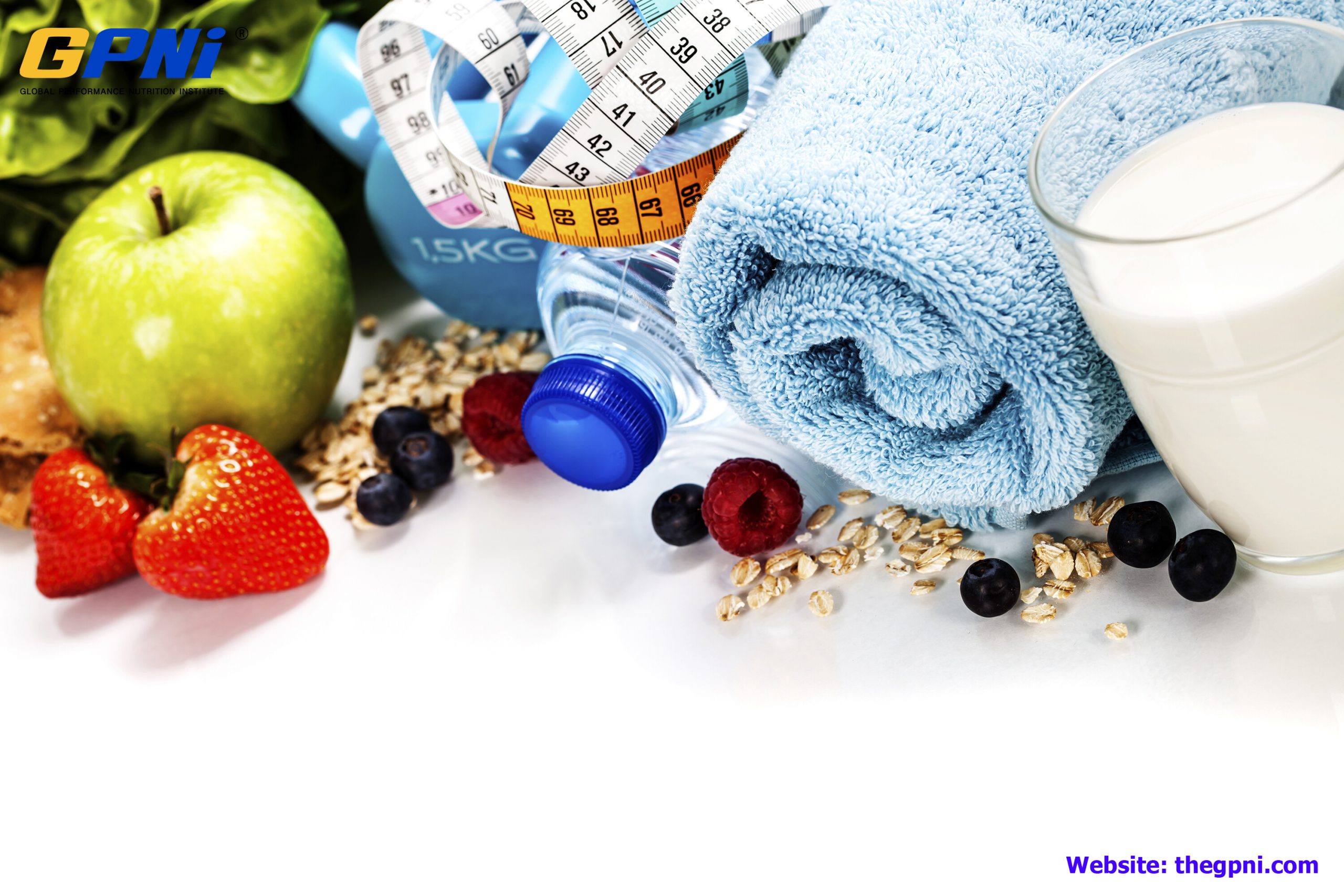
include the origins of food, proper labeling, additives and pesticide residue. Issues of biotechnology and genetically modified plants and animals have been raised due to the adverse effects on consumers.
To this end, manufacturers, importers and every food handler must comply with the Food Safety and Standards Act, 2006 and various other regulations relating to food safety. Basic principles in food safety include the safe handling of food in the process of storage, preparation, cooking, cooling or reheating; display or storage of the products; proper handling when serving; sanitizing and pest control amongst other things. Personal hygiene, protective wears and use of cleaning items such as mops, brushes and mops.
International parliaments have passed legislations and made directives which are mandatory in their implementation. Therefore food handlers and supervisors must be able to demonstrate adequate training in food safety.
Sports Nutrition and Food Safety
Within the field of human nutrition is the specialization of sports nutrition. This field partners closely with the study of the human body and be described as the application of basic nutritional knowledge with the aim of providing energy for extensive physical activity. To enable the body building and repair process which accompanies hard physical exertion and to achieve maximum performance, athletes require proper nutrition strategies.
Every sort of exercise needs a healthy diet, whether as an endurance athlete or a simple aerobic exercise. Athletes are advised to consume the essential vitamins and minerals that is needed to support their wellbeing and specific sports performance. By eating a well-balanced and varied diet, the athlete can achiever the required amounts of necessary nutrients.

On the matter of foodborne diseases, athletes are at higher risk due to the intense physical and mental stress they are exposed to for prolonged periods of time. Additional factors include exposure to new bacteria during travel, lack of sleep and proper feeding.
The American Dietetic Association and American College of Sports and Medicine stated that ideal nutrition enhances physical activities, athletic performance as well as body recovery. With the appropriate selection of meals, strategic hydration, the right choice of supplements and proper timing, optimal exercise performance is critical.
The issue of food safety is of major importance in sports nutrition. It has been earlier established that the nutrition of the athlete will affect general performance. This means that the food must be handled with the highest care. Every precaution must be taken, every principle must be applied in the process. From the manufacture or importation of the ingredients, rules of sanitation and hygiene must be followed. This is particularly important for the athlete because any form of foodborne illness will cripple athletic performance. Gastrointestinal infections can be debilitation to athletes and the incidence of such foodborne illness has affected the performance of several athletes.
Many athletes do not achieve maximum strength due to poor nutrition and unsafe food. Thus, the study of the quality and safety of sports nutrition products and supplements remains of high importance.
A major cause of concern to sports nutritionists is the matter of supplements. There has been a upward spike in the consumption of supplements to improve energy in sport. It has been noted that supplements will only be of benefit is the event of an inadequate diet or a substantial deficiency in vital nutrients like iron or calcium, whereas a proper diet will meet every vitamin and mineral need.
Supplement Safety & Efficacy
The International Society of Sports Nutrition (ISSN), recommends that athletes confirm the validity of claims made by manufacturers of dietary supplements about the scientific merits thereof. The claimed benefits and safety of the product should be carefully considered before being consumed. This is because there is actually minimal evidence to support the safety of many such supplements including glutamine, phosphatidic acid, adenosine 5′-triphosphate. Some, but not all ergogenic acids on the other hand, are proven to be relatively safe and effective for athletes.
For a full list of supplements that are proven to work on the ISSN Position Stand, follows here
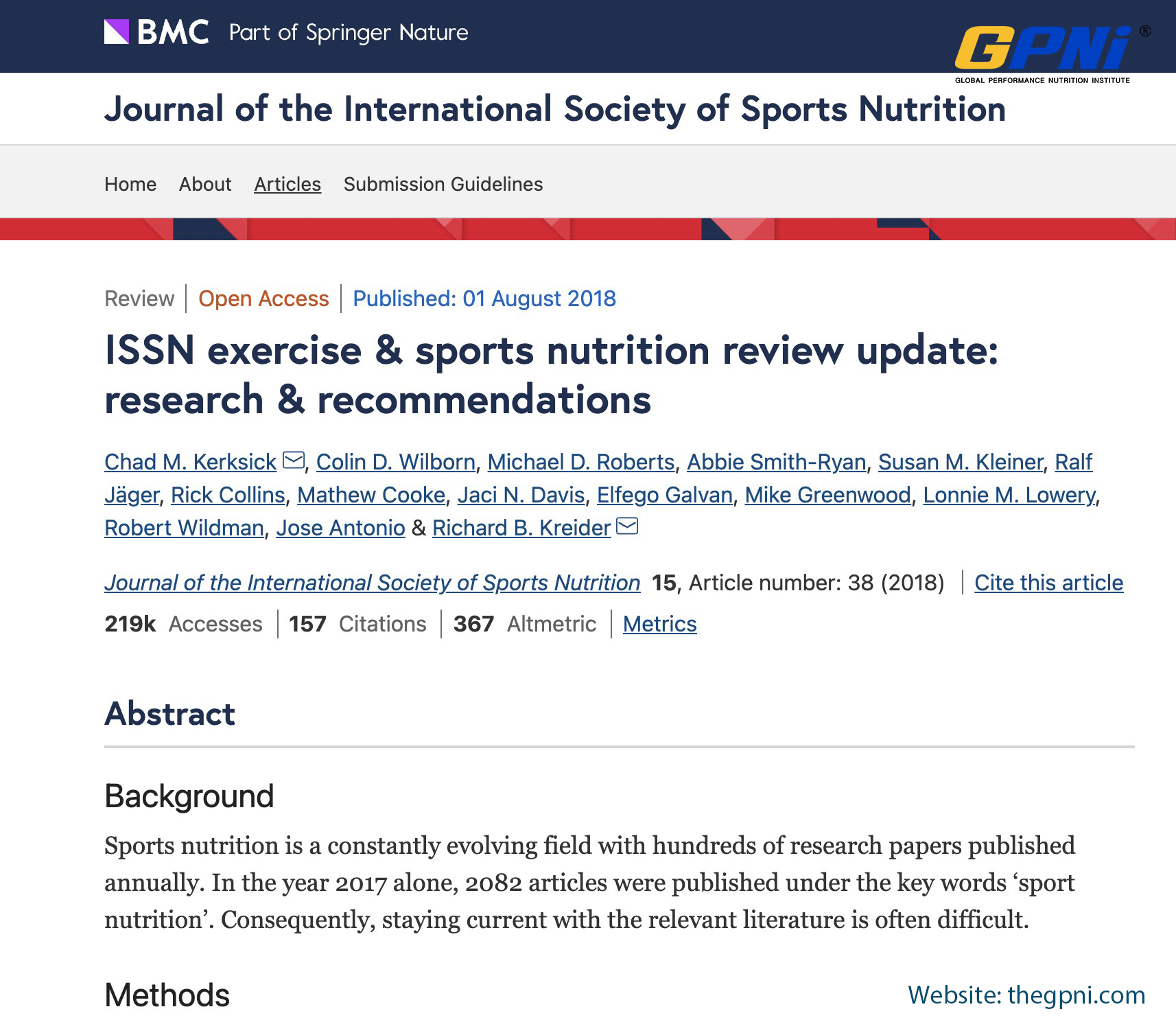
The Journal of the International Society of Sports Nutrition (JISSN) classified some nutritional supplements into three categories based on the quality and quantity of scientific support available. Some have strong evidence to support their efficacy and are apparently safe, others have limited or mixed evidence to prove their efficacy. Then there’s the category that have little or no evidence to support their efficacy and are unsafe for consumption. Unfortunately, this information is not known to the average athlete.
Also, poor hygiene and lack of adequate food safety precautionary measures can result in impurities such as lead, glass or animal waste being introduced into the supplement, posing significant health risk to the sportsperson who consumes it. This situation is made worse by the poor quality control of supplements on sale over the counter in pharmacies and supermarkets. All these are issues of food safety encountered in sports nutrition.
An improvement in food preparation, storage and consumption practices as well as food safety awareness will bring solutions to the issues raised. Food safety training should be conducted for all handlers of food including the coaches and athletes themselves. This duty falls on the nutritionist to inform the parties involved of potential food safety risks and implement risk reducing behaviors.
Conclusion
The recommended food safety practices relate to the major areas of cleaning, refrigeration, cooking and adherence to the expiry dates. This discussion is important to reduce the risk of foodborne infection among athletes. It is also to provide athletes and individuals interested in sports nutrition with information that can be affected in practical settings.
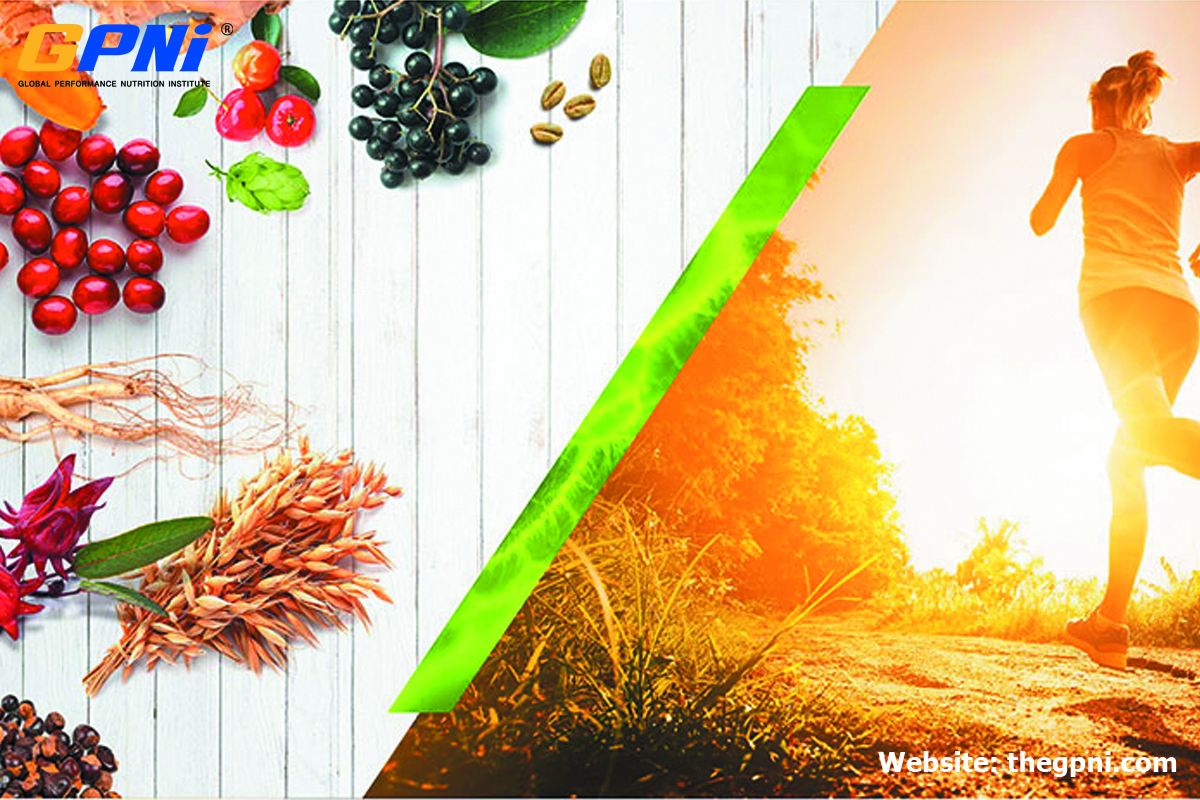
Professional athletes as well as inexperienced athletes will need a proficient sport nutrition knowledge to ensure that they consume the right amount of nutrients and calories to maintain the proper body size and to optimize sports performance and recovery.
Sports nutrition professionals need to know how to evaluate the scientific merit of articles and advertisements about exercise and nutrition products so they can separate marketing hype from scientifically-based training and nutritional practices.
GPNi® Endurance & Marathon Nutrition Coach EMNC®
To learn more about the importance of food safety in sports, please investigate learning more and get registered today to be a Sports Nutrition Specialist (SNS®) on the GPNi® platform.
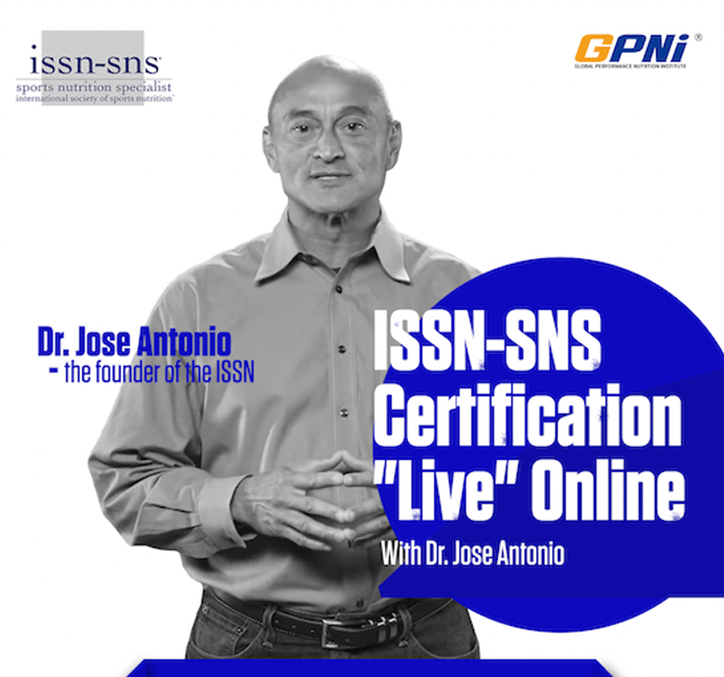
Or choose one of our Continued Education Certificate programs such as the Endurance & Marathon Nutrition Coach Nutrition Coach (EMNC®) certificate program.
Based on the very latest scientific research by the ISSN®, other institutes as well as exclusive research by Dr. Jason Lee who has spent the last 20years researching sports nutrition related to endurance events.
Those that are already certified with the Sports Nutrition Specialist (SNS®) international certification will receive 5 CEC points when attending this online certificate program.
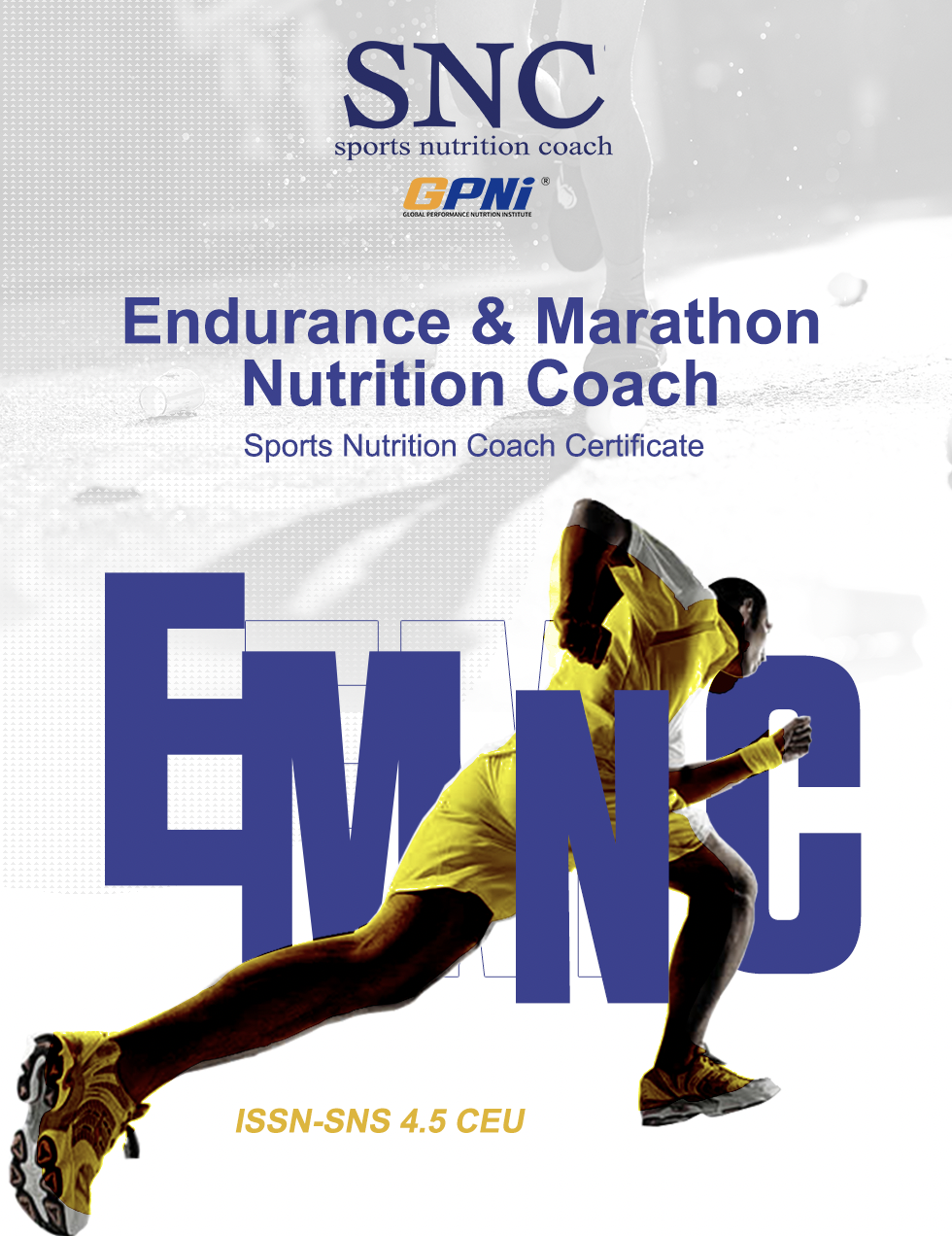
For more information, please get into contact with us or learn more on the page.
REFERENCES
http://www.who.int/news-room/fact-sheets/detail/food-safetyhttps://www.betterhealth.vic.gov.au/health/healthyliving/sporting-performance-and-foodhttps://jissn.biomedcentral.com/articles/10.1186/s12970-018-0242-yhttps://pubmed.ncbi.nlm.nih.gov/11993292/https://www.opensciencepublications.com/fulltextarticles/IJN-2395-2326-3-147.htmlhttps://extension.colostate.edu/topic-areas/nutrition-food-safety-health/nutrition-for-the-athlete-9-362/https://www.foodsafety.com.au/blog/what-is-food-safety







